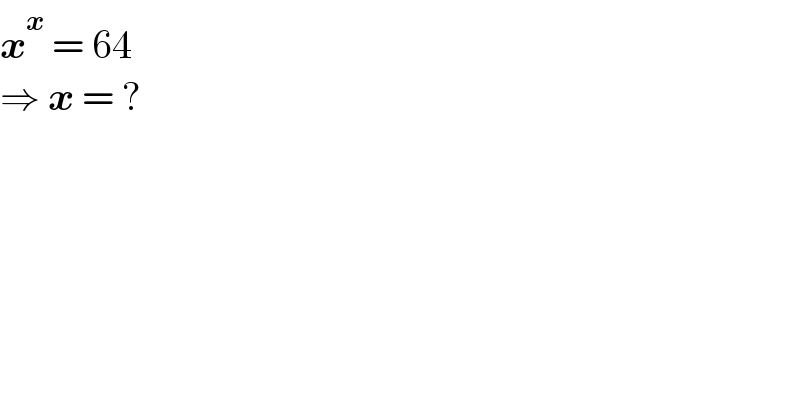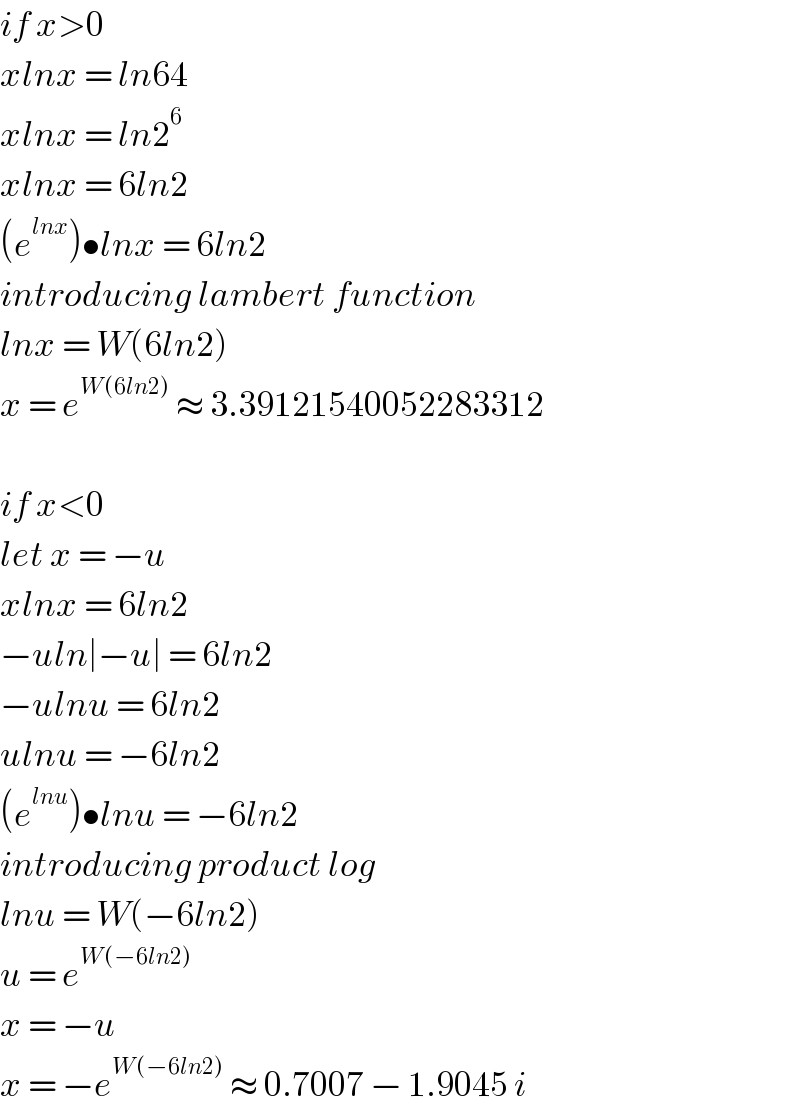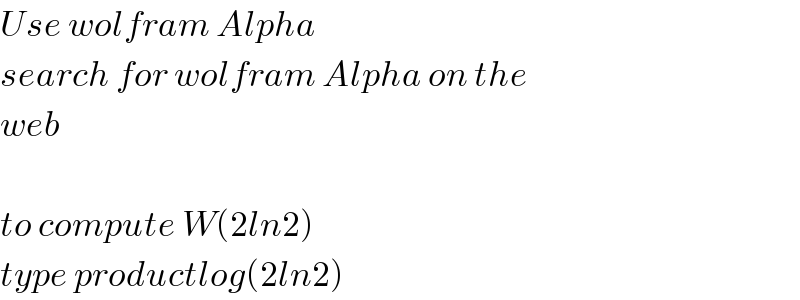
Question and Answers Forum
Question Number 148395 by mathdanisur last updated on 27/Jul/21

Answered by Math_Freak last updated on 27/Jul/21

Commented by Tawa11 last updated on 27/Jul/21

Commented by Math_Freak last updated on 27/Jul/21

Commented by mathdanisur last updated on 27/Jul/21

Commented by mathdanisur last updated on 27/Jul/21

Commented by mr W last updated on 27/Jul/21

